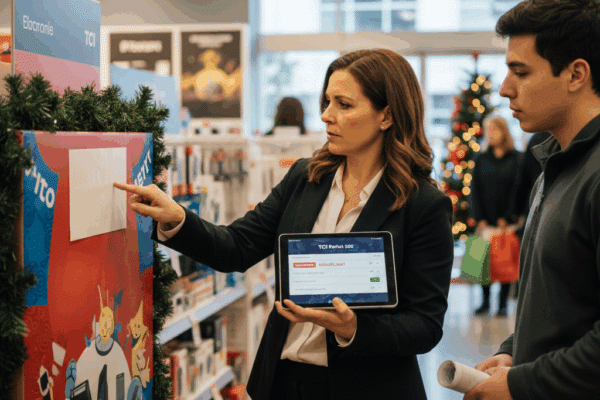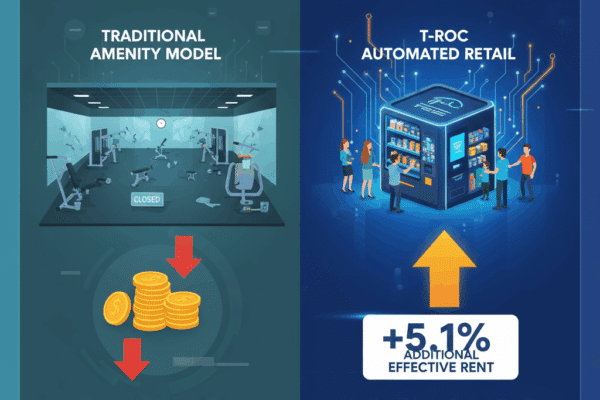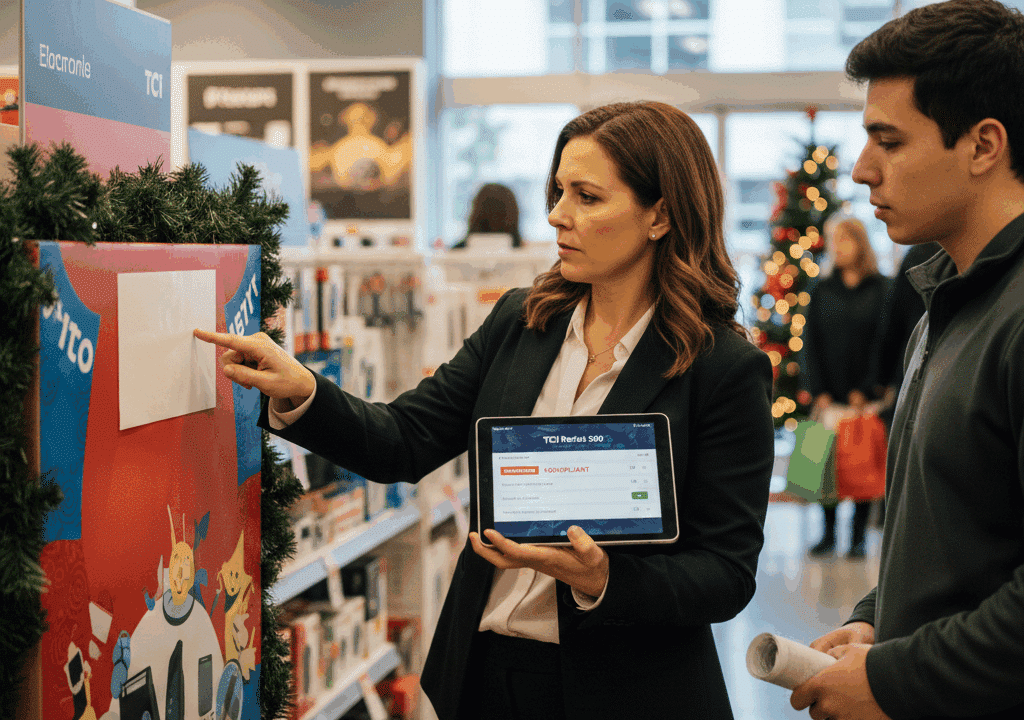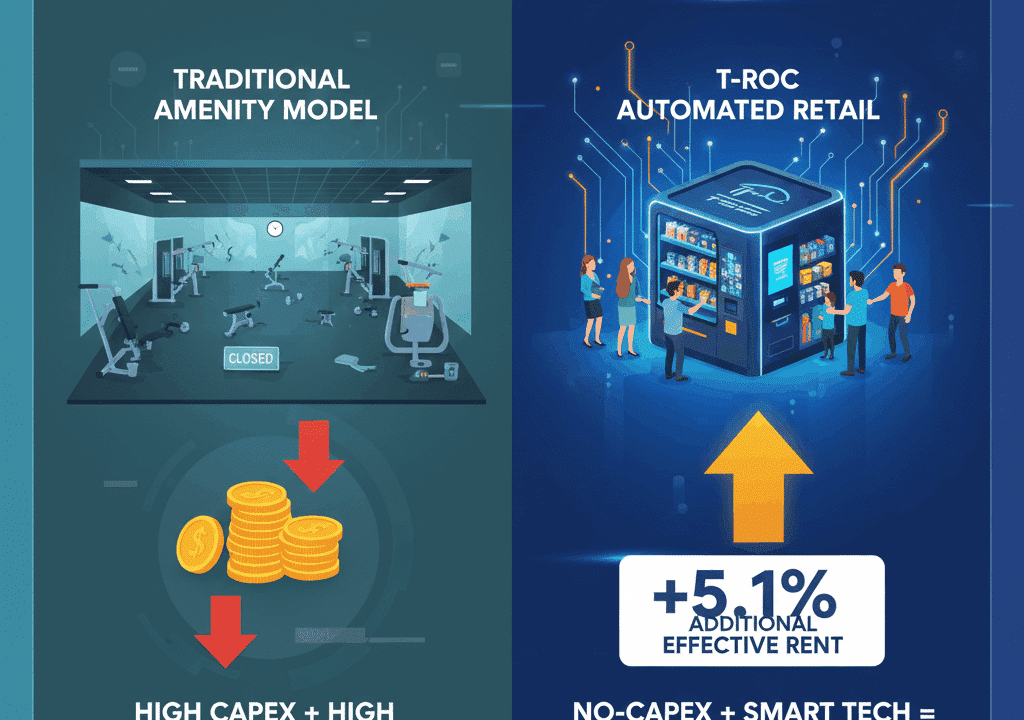
5 Common Problems with Retail Sales Training and How to Fix Them
If there’s one thing that will make or break a business in retail sales, particularly for all you brick and mortar retailers, it’s the level of service delivered by your team of sales professionals and sales managers.
Today’s customers are more demanding than ever before with more options at their disposal that will certainly woo them away from your business if the customer experience your sales team provides is not attentive, knowledgeable, friendly, fast, and easy.
This is why retail sales training is so critical. These days, retail training goes well beyond teaching your retail employees about closing sales. A good retail sales training program gives them a toolbox filled with focused retail sales skills, product knowledge, relationship building skills, brand standards, customer engagement, conflict resolution, and so much more.
From the sales floor to selling in cyberspace, retail sales training is a key component for any business looking to make its mark or solidify its leadership in the retail industry. Unfortunately, too many retail companies are met with training challenges they can’t properly answer, leaving their sales team falling short. In this post, we’ll examine five core challenges you need to overcome to build a stronger retail sales training program.
What is retail sales training?
Retail training focuses on providing sales professionals and sales managers with core competencies that, ultimately, help them deliver a better customer experience. A sound retail sales training strategy is one that unites technical training (often incorporating mobile devices), face-to-face training, online training, as well as brand and product knowledge training in ways that make applying all this information actionable for retail staff. The goal of retail sales training is to make it easier for retail sales professionals to wow customers with great service, which leads to closing sales, upselling, and building brand loyalty.
Why is retail sales training necessary?
While we’ve already touched on some of the answers here, this is still a question worth asking because too many brick and mortar retailers don’t make sales training a top priority. Retail sales training is a do-or-die proposition for brands and retail companies. In today’s world of instant gratification, there are simply too many diversions and options for customers to move to if your experience is not up to snuff. You’re not likely to get a second chance to impress, so you better make sure your sales team knows its stuff. What happens when retail sales training is insufficient, doesn’t work and doesn’t prepare your retail sales associates? You lose sales, you lose customers, you lose brand loyalty, and you lose out to the competition. Here are a few ways to make sure that doesn’t happen.
5 Retail Sales Training Challenges And How To Fix Them
There are a lot of areas a company can fall short in retail sales. The majority of them can usually be attributed to an inadequate retails sales training program built around a less than optimal retail sales training strategy. We’ve picked out five of the top reasons we’ve identified that cause retail training to careen off the proverbial tracks. It’s important to note that these challenges have been identified primarily for brick and mortar retailers. Though in today’s omnichannel world of retail sales, most of you are also selling virtually and these tips surely apply to online retail sales training for your retail staff. So, let’s dig into them:
1. Retail sales training becomes too much to swallow
In case you haven’t noticed, we live in a world of information overload. Retail sales associates who tend to skew younger are already being pushed and pulled in a hundred different directions between social media and all their other information outlets. These retail sales professionals are used to living in a bite-sized world. Unfortunately, a lot of companies deliver their retail sales training in anything but bite-sized or digestible formats.
What can you do?
A good sales training strategy includes a retail sales training module that is built around fast, mobile, and easily absorbed content. You need to understand that today’s retail sales associates are not going to be willing to sit through a long-winded and cumbersome training program. Even if you get them to the table, the takeaways won’t be deeply ingrained in them enough to improve the customer experience or move the needle in retail sales. Remember, bite-sized learning beats big-time information overload. Better yet, make training available over mobile devices and accessible at any time. This allows retail sales associates to manage their own time and set their own accountability. Structure is good to a point. But a little added freedom goes a long way to more effective retail sales training.
2. Retail sales training is not relevant
Who are you training? Sales professionals? Brand ambassadors? Assembly technicians? Field teams? While this post focuses primarily on customer-facing retail sales employees, it’s important to know who you’re talking to when building a sales training program. Start including information that is not directly relevant to their job performance in your retail sales training program and you’ll probably end up preaching to a disinterested sales team.
Think about it. Retail employees at a location that offers an incredibly large and diverse product mix need product knowledge training that runs a lot deeper than retail employees who work at a specialty store where the product knowledge they need is limited to one brand and a few key items.
Remember, it’s important to provide your retail staff with comprehensive but always relevant sales training. Information that is not relevant to their success will very likely cause sales professionals to lose focus or become confused as to what is expected of them. Keep it real. Keep it relevant. Kick out what’s unnecessary.
3. Online Training vs Face to Face Training
One of the most common issues we see with retail sales training is accessibility. We live in a computer age, a time where mobile devices are making life and business a whole lot more flexible. Retail employee training needs to reflect and embrace his new reality. That means creating some online retail sales training programs that allow retail sales associates to take their sales training sessions whenever it’s convenient for them.
Online training has been proven effective for a number of reasons:
- It allows for anywhere, anytime retail sales training.
- Retail sales associates are able to go at their own pace, which tends to improve sales training retention levels.
- Online retail sales training eliminates situations in which one person might feel embarrassed because someone else is learning much faster in a classroom setting.
- From an administrative perspective, an online training program means you don’t have to book classrooms, hire as many training staff, or worry about finding the right times and dates.
- Sales training done online usually includes advanced digital reporting that can help you measure the effectiveness of your retail training program. You’ll see log-in times, drop-off points, and other data to help you better hone your sales training.
Now that we’ve touted all the benefits of online retail sales training, we’re going to remind you that face to face training is still essential. There is something about hands-on training that makes a world of difference, which is why a smart sales training strategy includes some classroom time and time in front of real live customers.
In the end, sales training is multi-faceted. You certainly need to embrace the new possibilities technology brings to retail training, but you also need to remember that retail sales is, has been and will always be a people-driven business. Retail sales training must include quality time with sales professionals who’ve been there, done it and know how to share their knowledge to help you build an even stronger sales team.
4. Sales training can become too solitary when it should be social.
Customer service is a job for individuals who are outgoing, love working with others, and like helping people. Which is why it’s surprising that some sales training programs are anything but social. They are often self-contained modules that feel more isolating than team oriented, or they are lessons given by sales training instructors with little back and forth between those who are actually supposed to one day soon apply this knowledge.
Go ahead and break this mold. Encourage students to engage one another. They might connect on social media, build their own sales training page, even engage in some friendly retail sales competition supervised by your sales training leaders.
It’s also a good idea to make sure your retail sales trainers are well-trained. Make sure they’re not just imparting information but engaging their students, challenging them, and involving them in the learning process.
5. Sales training gets them started and that’s where it ends.
Here is one of our biggest beefs with a lot of retail training – it’s a kick start training program that doesn’t provide any support to sales associates going forward, and this is the kiss of death if you really want to build a strong sales team.
It’s just not fair (or good business) to put someone through a retail sales training program, get them to the point where they are ready to engage customers and drive retail sales, and then leave them to their own devices as the industry changes, products change, customer behaviors evolve, and new retail sales challenges emerge. Yet, many retail companies do exactly this to their retail staff. They start them off strong and then fail to support their career growth.
It’s important to understand that retail sales training is not a finite endeavor. It’s a continuous one. Whether it’s providing retail training courses to ensure your sales reps receive certain certifications or creating continued education programs to help them keep up with the latest trends in retail sales, without a long-term strategy no retail sales training program is doing as well as it should – not for your retail employees and not for your business.
Retail sales training is easier said than done.
Sales training is essential to the success of any retail business, especially brick and mortar retailers where retail staff are personally engaging customers. The catch is few brands and retailers have the bandwidth to handle the large volume of retail training services required to build an effective training program.
This is where a retail sales training partner can be a tremendous advantage. Companies like T-ROC, aka The Revenue Optimization Companies, which has spent decades developing strategies and providing retail training services to top brands and retailers, can do the heavy lifting by leveraging their best practices and retail training technologies to build a customized training program to fit your needs.









